Conversations between federal and local officials offer a welcomed opportunity to identify what is being done and what is needed to support an efficient, equitable and effective outlay of federal bipartisan infrastructure dollars.
Dory Larsen | June 14, 2022 | Clean Transportation, Electric Vehicles, FloridaOn June 2, I had the unique opportunity to engage in a roundtable discussion between the U.S. Secretary of Energy, Jennifer Granholm, U.S. Rep. Kathy Castor, local entities, and the leadership of the University of South Florida (USF) Center for Urban Transportation Research (CUTR). The meeting in Tampa, Florida, which was facilitated by the Tampa Bay Clean Cities Coalition, highlighted the collaborative work U.S. Department of Energy grants are supporting to promote clean energy and clean transportation in the Tampa Bay area. Participants engaged with Secretary Granholm and Representative Castor and electric transportation experts shared progress at the local and state level and discussed what is going well and where weaknesses exist.
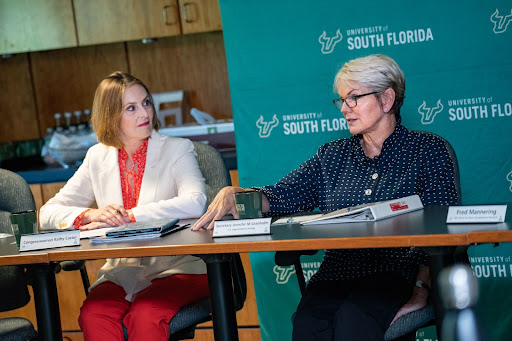
Working Well: Education, Infrastructure and Good Policy
The Clean Cities Coalition presentation by Alex Kolpakov and Austin Sipiora spotlighted SACE’s Driving on Sunshine Program – I was able to further describe the program and how we work to educate decision-makers from the state to the local level on how electric transportation brings cost, public health, environmental, and economic development benefits to their communities, all while they are driving an EV.
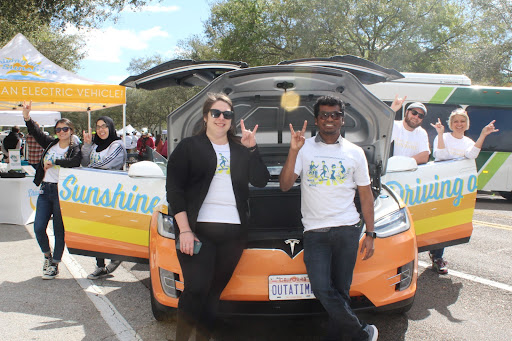
Another topic of discussion was the adoption of EV-ready ordinances by over a dozen local municipalities across the state. These ordinances are one of the specific strategies identified by the Florida Department of Transportation in the EV Infrastructure Master Plan as a means for increasing infrastructure. The perennial concern of preemption by state lawmakers was raised as a threat to these proactive steps.
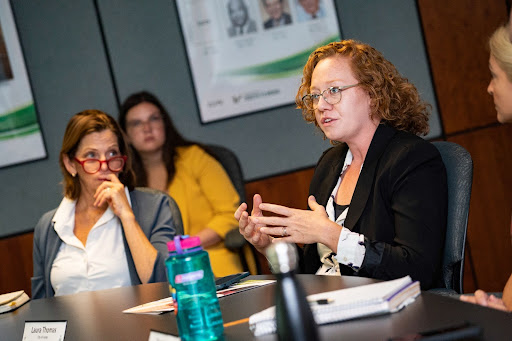
When Secretary Grandholm asked about state incentives for the purchase of EVs (or infrastructure) it was noted that while Florida lacks incentives, unlike many other Southeastern states the Sunshine State does have a direct sales and service provision, which makes it easier for consumers to purchase EVs directly from manufacturers.
Opportunities Going Forward: Additional Sound Policy, Renewables, Skilled Labor
The conversation then turned to supporting future actions and policies needed to reach carbon emission reduction goals. To help stretch federal dollars that stem from the Bipartisan Infrastructure Bill, Florida could allow utilities to offer cost recovery programs for customers who install EV infrastructure. Programs like Duke Carolinas’ Make-Ready Rebate Program allow site hosts to recuperate costs for installing on their side of the meter.
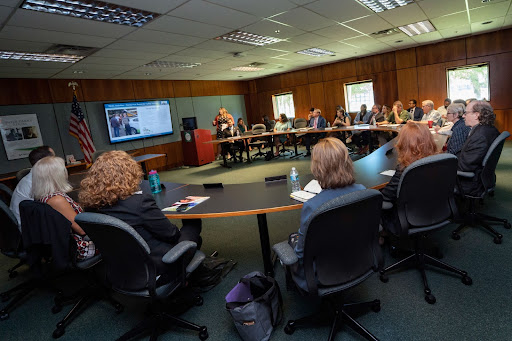
Representative Castor also noted the opportunity for Florida to live up to its moniker the’ Sunshine State’ by vastly increasing solar adoption, and pairing that with storage for charging equipment. Other opportunities discussed include the increased need for skilled electricians to install charging equipment and the need for a just transition for our labor force.
Preparation Needed Now for Upcoming Opportunities
In sum, the discussion was an exercise in listening and learning. More opportunities than ever before for electric transportation will stem from the influx of federal Bipartisan Infrastructure Law funding. Meeting these opportunities with preparation will be key if we hope for funding to flow efficiently, equitably, and efficiently. The critical need for maintaining ongoing dialogue and building trusted relationships between the various agencies, municipalities, school districts, service providers, utilities, workforce groups, non-profits, and the federal government is essential. SACE will continue to fill this supportive role and identify new ways to encourage an all-hands-on-deck approach.
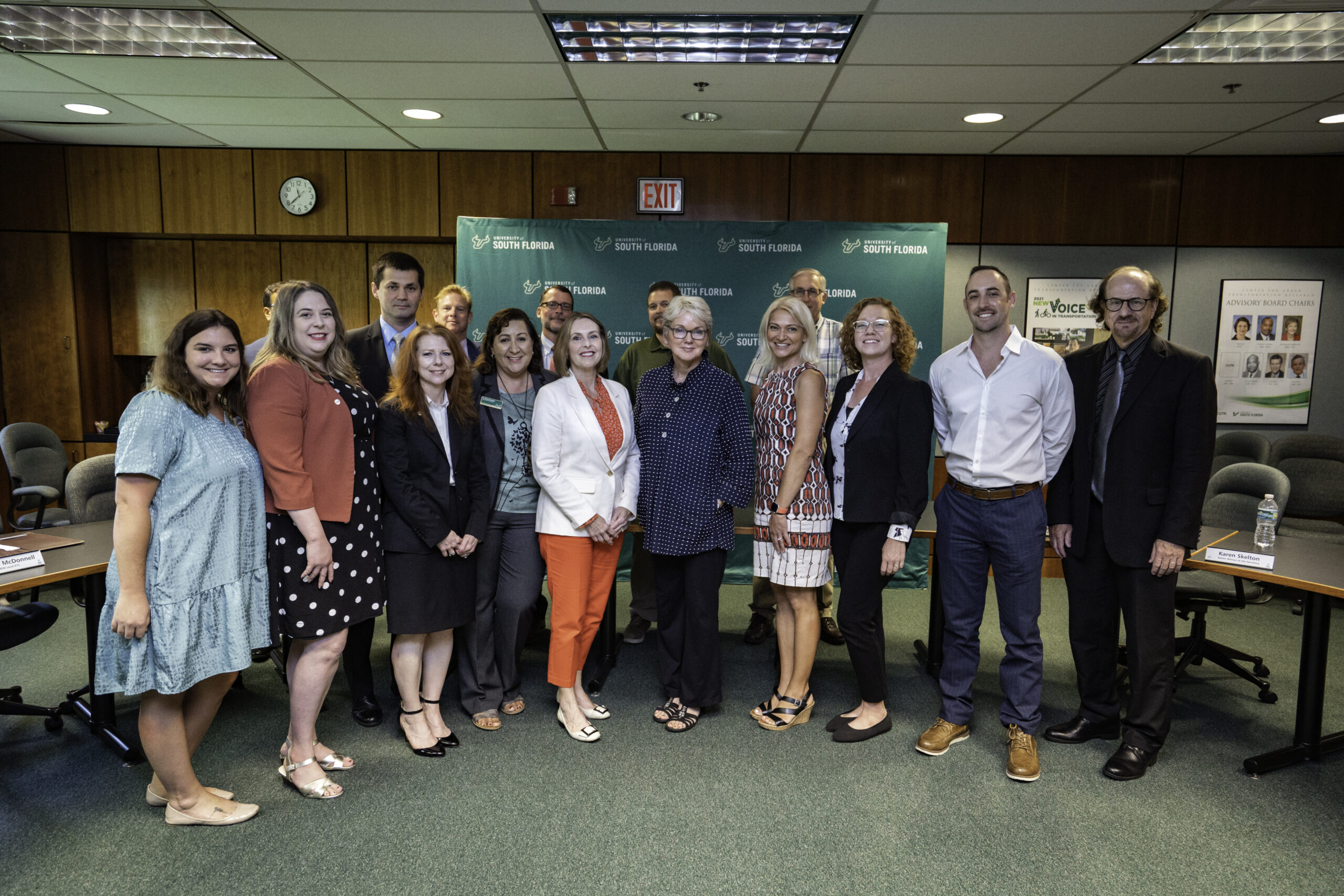
Electrify the South is a Southern Alliance for Clean Energy program that leverages research, advocacy, and outreach to promote renewable energy and accelerate the equitable transition to electric transportation throughout the Southeast. Visit ElectrifytheSouth.org to learn more and connect with us.